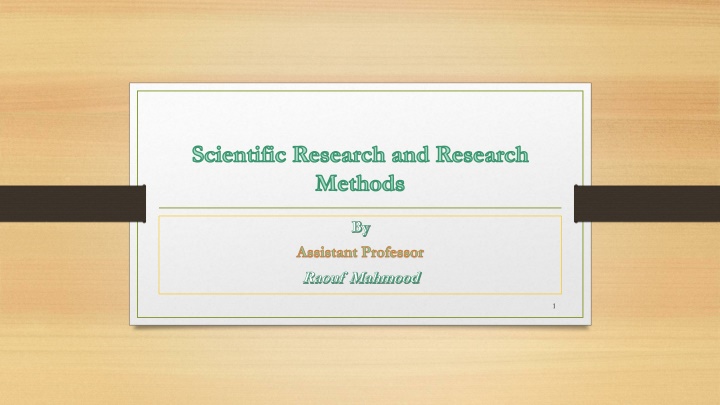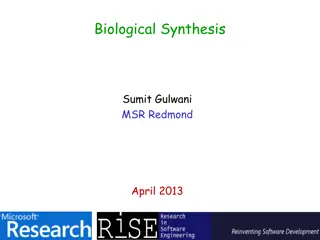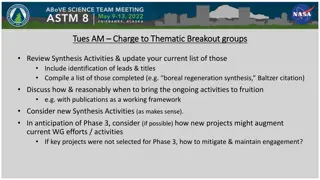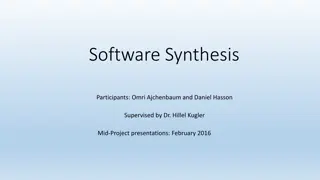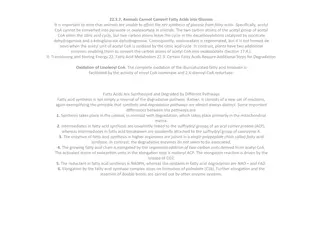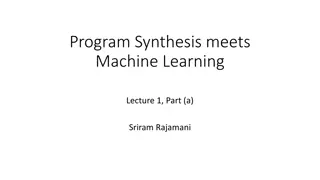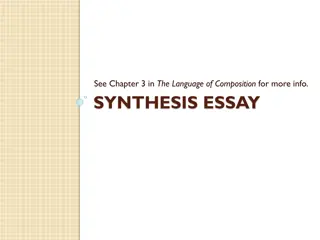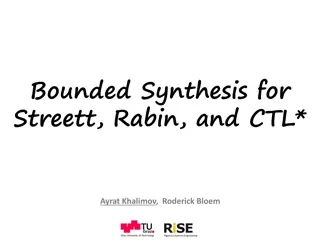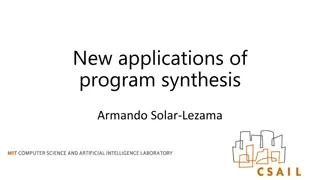Preparation of 2,3-Diphenyl Quinoxaline Synthesis
Quinoxaline, an organic compound formed by the fusion of aromatic rings, has various applications such as dyes and pharmaceuticals. This experiment details the synthesis of 2,3-Diphenyl Quinoxaline and its chemical properties including reactions and oxidation.
Download Presentation

Please find below an Image/Link to download the presentation.
The content on the website is provided AS IS for your information and personal use only. It may not be sold, licensed, or shared on other websites without obtaining consent from the author.If you encounter any issues during the download, it is possible that the publisher has removed the file from their server.
You are allowed to download the files provided on this website for personal or commercial use, subject to the condition that they are used lawfully. All files are the property of their respective owners.
The content on the website is provided AS IS for your information and personal use only. It may not be sold, licensed, or shared on other websites without obtaining consent from the author.
E N D
Presentation Transcript
Scientific Research and Research Methods By Assistant Professor Raouf Mahmood 1
Lecture Outline What is Scientific Research? Fundamental Principles of Scientific Research? Common Conceptions/Misconceptions About Scientific Research Basic Elements of the Scientific Methods Scientific Method of Research: Four Steps: Understanding of Methodology and Methods 2
What is Scientific Research? Definition: Scientific research is the systematic investigation of scientific theories and hypotheses. A process of hard mental based on interactions among theories methods, and findings. Builds on understanding derived from the objective testing of models or theories. Accumulation of scientific knowledge is laborious, plodding, circuitous, and indirect. Scientific knowledge is developed and improved through critique contested findings, replication, and convergence. Scientific knowledge is developed through sustained efforts. Scientific inquiry must be guided by fundamental principles. 3
Fundamental Principles 1. Ask significant questions that can be answered empirically. The formulation of a problem is often more essential than it s solution, which may be merely a matter of mathematical or experimental skill. To raise new questions, new possibilities, to regard old questions from a new angle, requires creative imagination and marks real advance in science (Einstein & Infeld, 1938); The research questions must be asked in a way that allows for empirical investigation. 4
Fundamental Principles (Continuation ) 2. Link research to relevant theory. Scientific research can be guided by a conceptual framework model, or theory that generates questions to be asked or answers to the questions posed; Theory drives the research question, the use of methods, and the interpretation of results. 5
Fundamental Principles (Continuation ) 3. Select and apply research designs and methods that permit direct investigation of the question. The honesty of any research study is predicated initially on several major elements: The suitability of the proposed research design or methodology to address the specific questions posed by the study. The scientific accuracy by which the methodology is applied. The dependability of any research study is predicated initially on several major elements (cont d): The link between question and methodology must be clear and justified; Detailed description of the method, measures, data collection procedures, data analyses, and subjects must be available to permit replication. 6
Fundamental Principles (Continuation) 4. Provide a coherent and explicit chain of reasoning that can be replicated. What assumptions underlying the inferences were made? Were they clearly stated and justified? How was evidence judged to be relevant? How were alternative, competing hypotheses, and explanations identified, considered, and accounted for (accepted or discarded)? 7
Fundamental Principles (Continuation) 4. Replicate and generalize across studies. Internal Validity: The observations made are consistent an generalize from one observer to another, from one task to a parallel task from one measurement occasion to anther occasion. Statistical methods e.g. correlation; Non-statistical methods e.g. triangulation, comparative analysis. External Validity: The extent to which the treatment conditions and participant population reflect the world to which generalization is desired. 8
Fundamental Principles (Continuation ) 5. Report research publicly to encourage professional scrutiny, critique and replication. Criticism is essential to scientific progress; The extent to which new findings can be reviewed contested, and accepted or rejected by scientific peers depends upon accurate, comprehensive, and accessible records of: O Data O Methods O Inferential reasoning 9
Common Conceptions/Misconceptions About Scientific Research Experimental research is more scientific than descriptive or qualitative research A study is considered to be scientific when: O There are a clear set of testable questions underlying the design; O The methods are appropriate to answer the questions and falsify competing hypotheses and answers; O The study is explicitly linked to theory and previous research; O The data are analyzed systematically and with the appropriate tools; O The data are made available for review and criticism. Research in education is fundamentally different than in the hard sciences. 10
Thank you Asst. Prof. Dr. Raouf Mahmood Raouf 11
